Everyone reserves the right to cheat in single-player video games
Yup, you heard that right.
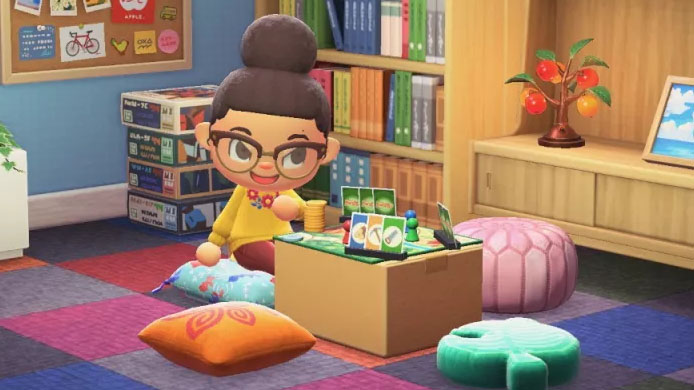
When you think about cheating, it's usually not a very honorable vision. People pull the rug out from under others, change the rules, and nobody has a good time. But changing the rules isn't always a bad thing, especially if you're the only one the rules affect. While it may be obvious in multiplayer games where cheaters win every match, it can be trickier to discern what cheating means in single-player games.
Dragging the wool over hopeful eyes
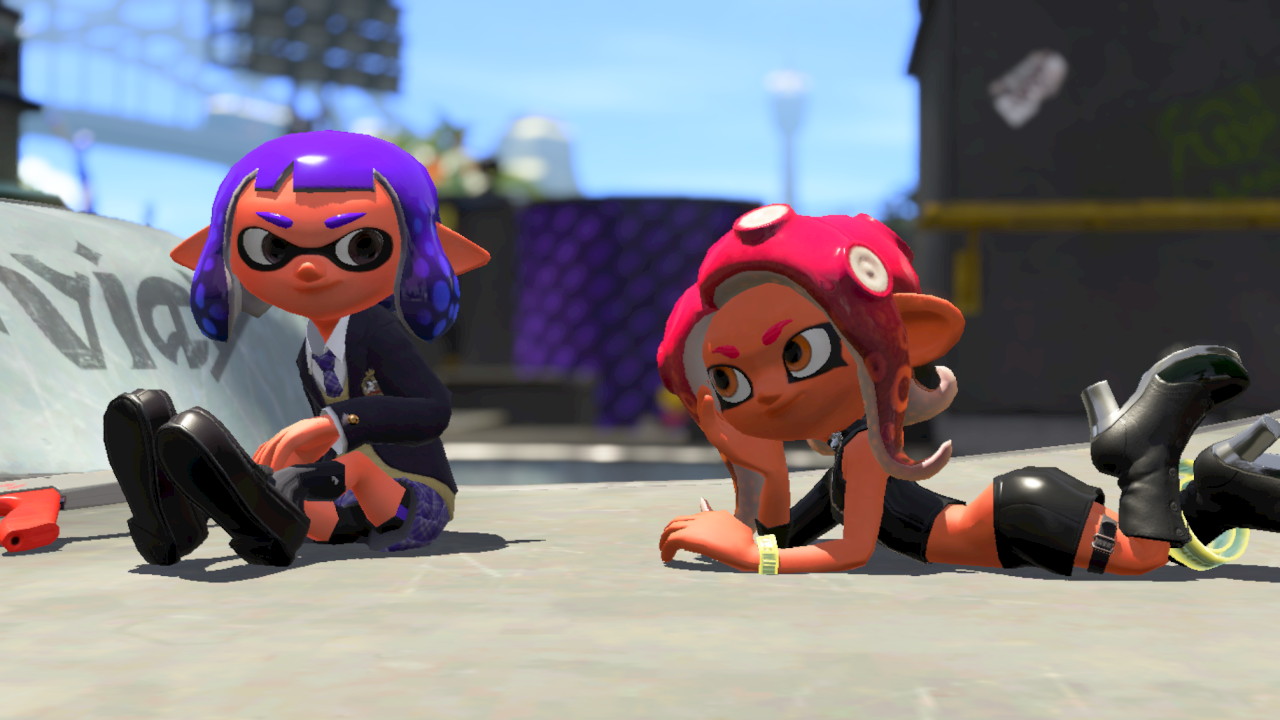
Everyone knows what cheating is — we've been told that cheating is bad, and we all know people who do it anyway. In essence, I define "cheating" two ways: One, as the act of choosing to circumvent or manipulate the set rules otherwise agreed upon by everyone else so as to give oneself an unfair advantage. Or, two, to navigate around the way a developer intended for a game to be played.
It's easy to see how this works in games like Splatoon 2. Using mods, or modifications (to a game), players can change aspects of their games that those with non-hacked Nintendo Switch systems can't. Many players use mods for harmless purposes such as changing their ink color to match their character's aesthetic, removing the music to help them concentrate better, or even tweaking the look of their Inklings and Octolings.
The real problem arises when players bring certain mods into multiplayer that make the game unfair.
The real problem arises when players bring certain mods into multiplayer that make the game unfair. These mods can range from giving a player's weapon a higher fire rate or further range to shooting through walls, or allowing a character to climb walls they shouldn’t. Others may allow a player to zoom out the in-game camera to let them see more of the map, or completely rig the game in their favor so that they win even when the other team has inked more turf. Some of these mods can be achieved with the "Reinkify" tool, but it would be disingenuous to paint all Reinkify players as cheaters who ruin online multiplayer for everyone.
The issue of hackers can also be found in games like Mario Kart 8 Deluxe. Players can give themselves a continuous Starman to remain invincible, throw endless items, be able to float in mid-air, and drive anywhere on the map without being turned back by Lakitu. You can see an example of this below:
What's frustrating is that getting rid of malicious cheaters can be tedious. The only way to report cheaters in Splatoon 2 is through the Nintendo Switch Online app, which may involve extra steps that some can't be bothered to go through.
For cheaters in Mario Kart 8 Deluxe, it's even more complicated, with players needing to go through Nintendo's customer support to report unfair behavior. This means that cheaters will often go either unnoticed or unreported, as victims of unfair game environments may often be too tired or frustrated with the situation to go through the trouble of reporting. In a sense, I can understand, because there's no guarantee the cheater will be reprimanded, so after all that fuss, your efforts may be in vain.
iMore offers spot-on advice and guidance from our team of experts, with decades of Apple device experience to lean on. Learn more with iMore!
Rules about rules about rules
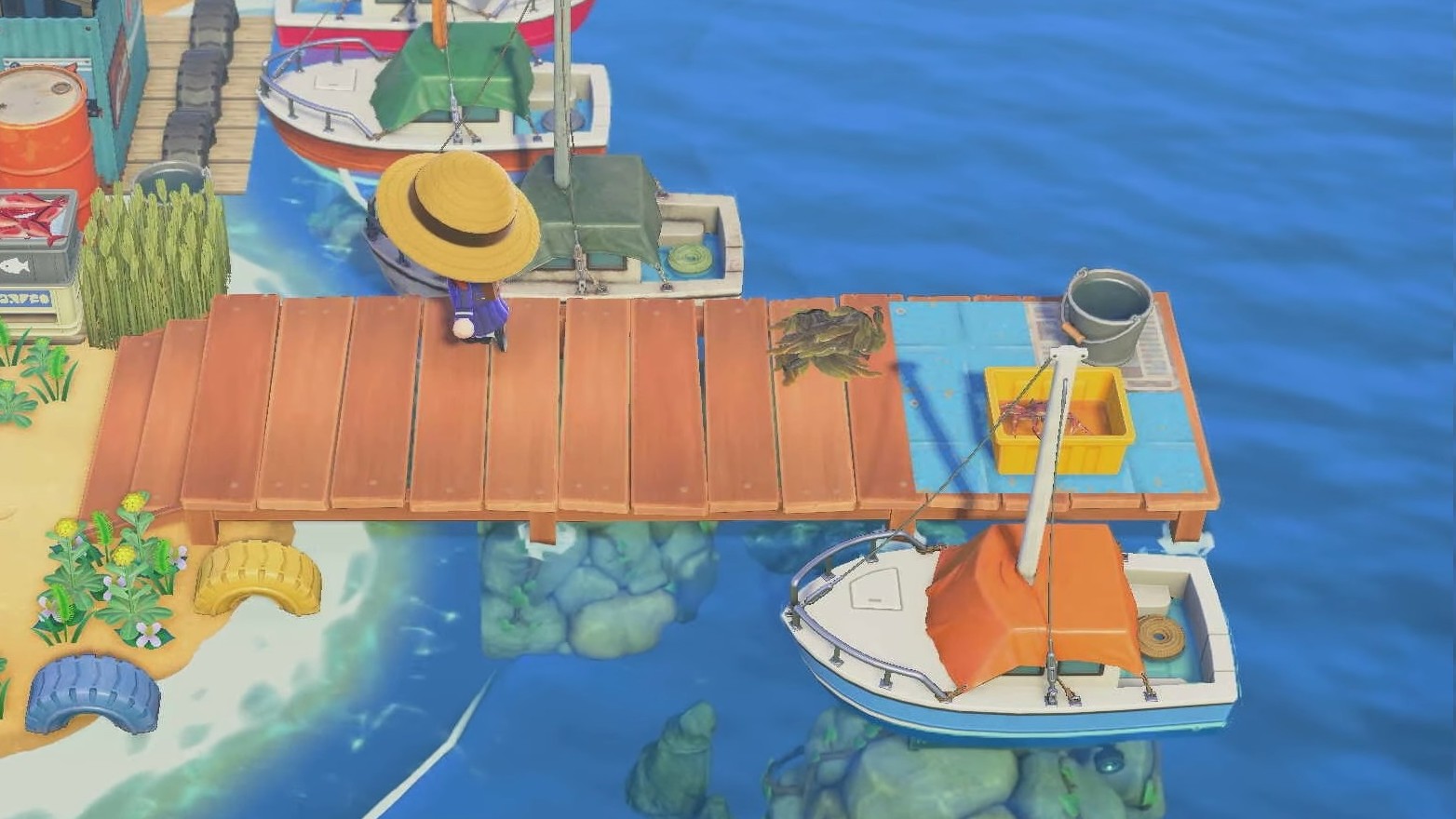
Cheating in single-player games can look a little different though, and its definition is reduced to circumventing the vision held by the game's creator for the players' experience. In Animal Crossing: New Horizons, what counts as "cheating" is quite controversial. For some, the idea of "time traveling," where players advance their progress to the next day by changing their console's clock forward or backward, is considered "cheating," because it's not how the game was intended to be played.
Personally, I don't time travel unless it's an in-game holiday that I'd miss because of social obligations like Toy Day, but other people's time traveling for months at a time doesn't bother me at all. The point of the game is to curate your own experience and play at your own pace — the idea that time traveling "ruins" the experience for everyone else is something I never understood.
The same goes for people hacking their islands to add features that would otherwise be impossible, such as adding a fourth level for terraforming, placing furniture items in the river and ocean, using decorative items only found on the Happy Home Paradise archipelago, or hacking materials like star fragments onto trees. You can see an example of this below:
People got so upset at star fragment trees and hacked islands that they banded together to mass report them to Nintendo. The ability to spawn star fragment trees has now been patched out, and some players got their islands banned, even if they received hacked items as gifts and didn't have hacked games themselves. Other hacked islands are thriving still, like the "treasure islands" that host parties where people can collect materials, currency, and items that they don't have on their own island.
This kind of cheating is not similar in any way to the kind that could actually harm other players in past games, like the "bad seeds" that malicious players could plant on other islands, disrupting their gameplay. In New Leaf, some cheaters could hack furniture items directly into the game, preventing unsuspecting players from leaving the multiplayer island unless they pay a ransom. The vast majority of cheaters in current Animal Crossing games either want to progress at their own pace or decorate their islands to best suit their personal style.
You can sit with us (Terms and Conditions apply)
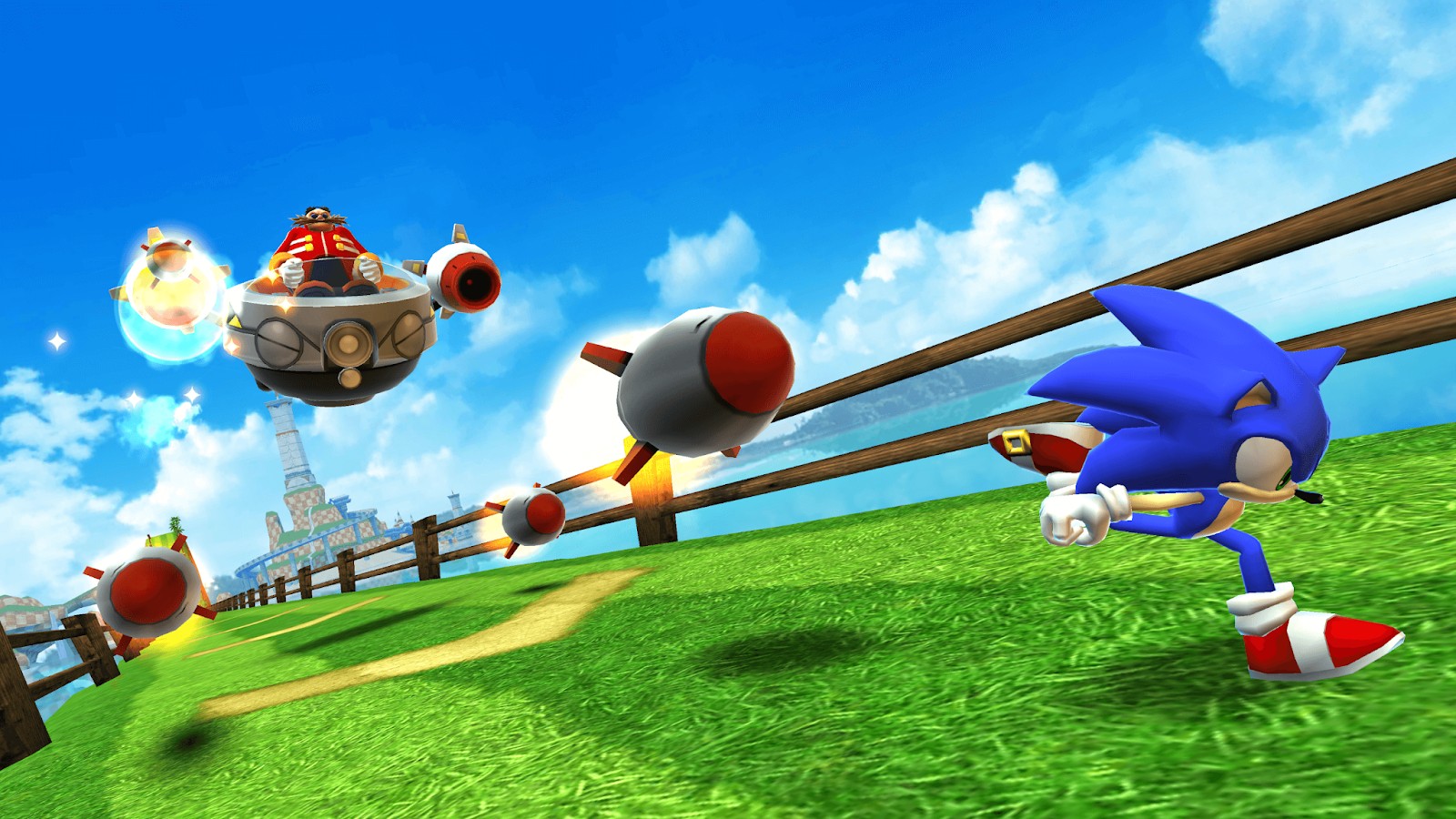
Some kinds of cheating are, interestingly enough, seen as acceptable, and are even celebrated. Namely, speedrunning. Though I'm sure many wouldn't consider speedrunning cheating, it fits in the aforementioned definition. Speedrunning is a type of play style where players, also called "speedrunners" or "runners," use a series of shortcuts or manipulated code to finish a game as soon as possible within a set of parameters. These parameters include any% where getting to the end credits is the only goal, collecting 100% of the collectible items, or any other set of player-defined rules.
Speedrunning, naturally, goes against the way developers intended players to experience the game. The world record for the Pokémon Yellow any% run is less than 1.5 minutes long, for example, which is not nearly enough time to catch 'em all. Some developers lean into it, though, and design their games to be speedrunner friendly. The art of speedrunning is quite impressive, though, even shocking some developers.
There are even Animal Crossing speedruns, where players time travel and exploit mechanics to do things like making enough money to pay off their loans. So what is the difference? We can clearly see here that runners aren't bragging about their process, and them having finished the game's main goal in under two hours doesn't prevent anyone from playing at their own pace. It seems that the discourse around cheating in single-player games like Animal Crossing is more based on the need for control rather than keeping the players' best interests at heart.
It's complicated
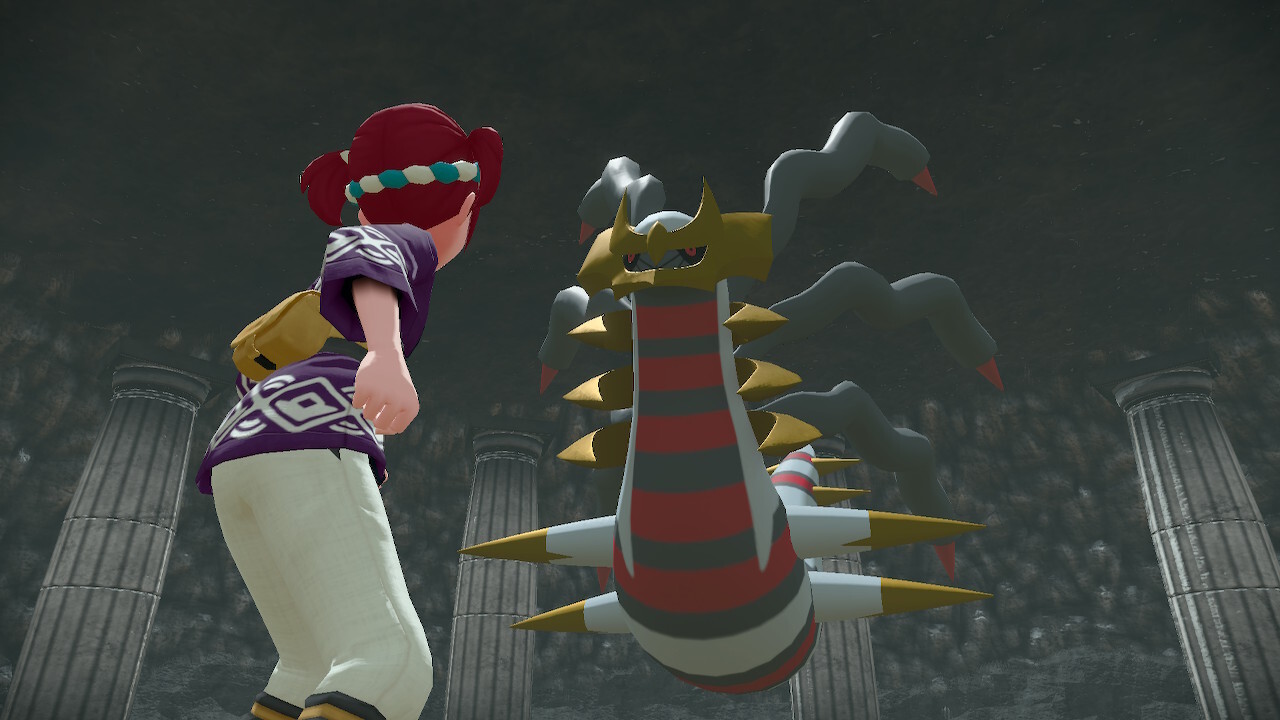
Animal Crossing is, of course, a game without competitive elements. Others, like some of the best Pokémon games, have a substantial single-player campaign, but also have a competitive scene where players can bring the Pokémon they've raised into battle.
Pokémon themselves aren't much more than strings of numbers, which can be easily changed with tools like PKHeX. Players can change their Pokémon's gender, stats, moves, and even turn them into shiny Pokémon. I've made minimal changes to Pokémon I own in past games, like their gender or their nickname if I received them in a trade. But I don't play outside of the main campaign, so these alterations don't affect anybody.
I won't pretend like modifications such as speeding up the intro in Pokémon upon replaying the game puts anyone at a disadvantage.
Competitive Pokémon play does have measures in place to ensure that a Pokémon isn't "illegal," or has stats and moves that are impossible to obtain through regular play. Pokémon HOME is very strict about "illegal" hacked Pokémon — so much so that people can have their accounts banned from online play or from using Pokémon HOME in general. This is true even if you deposit an illegal Pokémon you have received in a Wonder Trade, you don't have to have hacked the Pokémon yourself.
But that doesn't stop anyone from making changes to their Pokémon that are just within the legal range in order to bypass the legality checks. Of course, this type of cheating isn't ethical, but I won't pretend like modifications such as speeding up the intro in Pokémon upon replaying the game puts anyone at a disadvantage.
Them's not the rules!
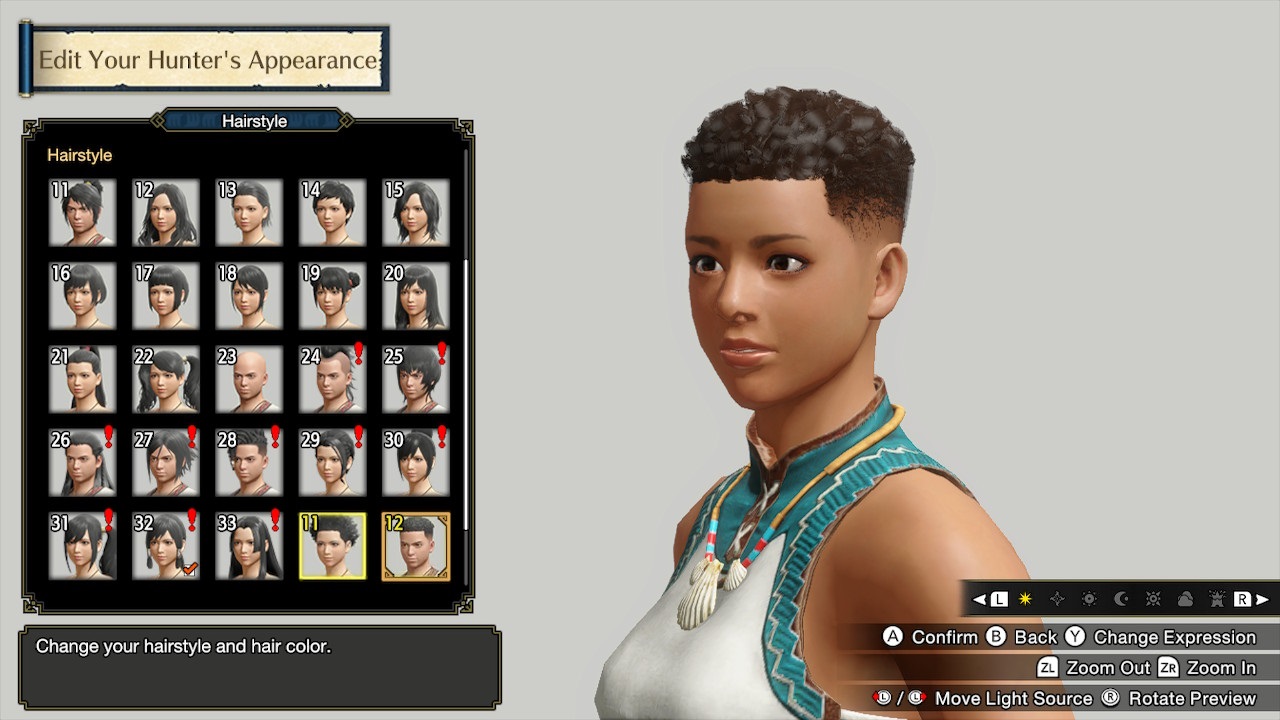
Some people argue against modifying your games because it goes against the developer's intent for how the game should be played. I think it's a bit more nuanced than that. People have a right to modify their own hardware and software within set parameters for their own personal use.
For some, modifications and playing outside of developer intent means that they can finally play in a way that represents who they are. For Sims players like Ebonix, modding the game meant that she was able to better creatively express herself because the available tools in the base game were not representative. Over time, as awareness was raised, she was able to work with developers like EA to improve the options for those on other platforms.
Lack of diversity and customization options are a common reason for modding, and I've personally experienced it in games like Animal Crossing: New Leaf, where fair skin tones were the default and any tanning would disappear after a few days.
Modding and cheats can also fix issues that developers may not have had in mind or been able to get to. Aspects like bugs or a lack of accessibility options can be fixed through mods and playing the game in a way contrary to what the developers envisioned, but all it means is that more people get to enjoy more games. Everyone deserves to enjoy games, and mods and cheats in single-player games have helped facilitate that.
Games are what you make them
Cheating in multiplayer games creates an unfair advantage for a subset of players, unbeknownst to non-cheaters, which can frustrate them and ruin their experience. It also allows cheaters to circumvent the skill development necessary to get to a certain point in a game or achieve a certain objective. Though there's no way to determine whether this takes away from a player's sense of achievement, it is unfair to everyone else playing.
The lines blur a bit when it comes to single-player games, however. Players who are burnt out or bored of a game can experience it in a new way by breaking the rules or using mods. Disabled players, for whom a game could be otherwise out of reach, can potentially use cheats or modified software or hardware to make a game accessible. For games with unaddressed bugs, cheats or mods may fix them, allowing players to progress where they otherwise wouldn't be able to. And in terms of some modifications, it allows for player-created content to be added to the game, fuelling creativity and fostering communities. For people playing games on their own, they should be allowed to make the most of their experience, even if it's a bit unconventional.

Nadine is a freelance writer for iMore with a specialty in all things Nintendo, often working on news, guides, reviews, and editorials. She's been a huge Nintendo fan ever since she got to pet her very own Nintendog, and enjoys looking at Nintendo's place in the video game industry. Writing is her passion, but she mostly does it so that she can pay off her ever-growing debt to Tom Nook. Her favorite genres are simulation games, rhythm games, visual novels, and platformers. You can find her at @stopthenadness on Twitter, where she'll more than likely be reposting cute Animal Crossing content.
